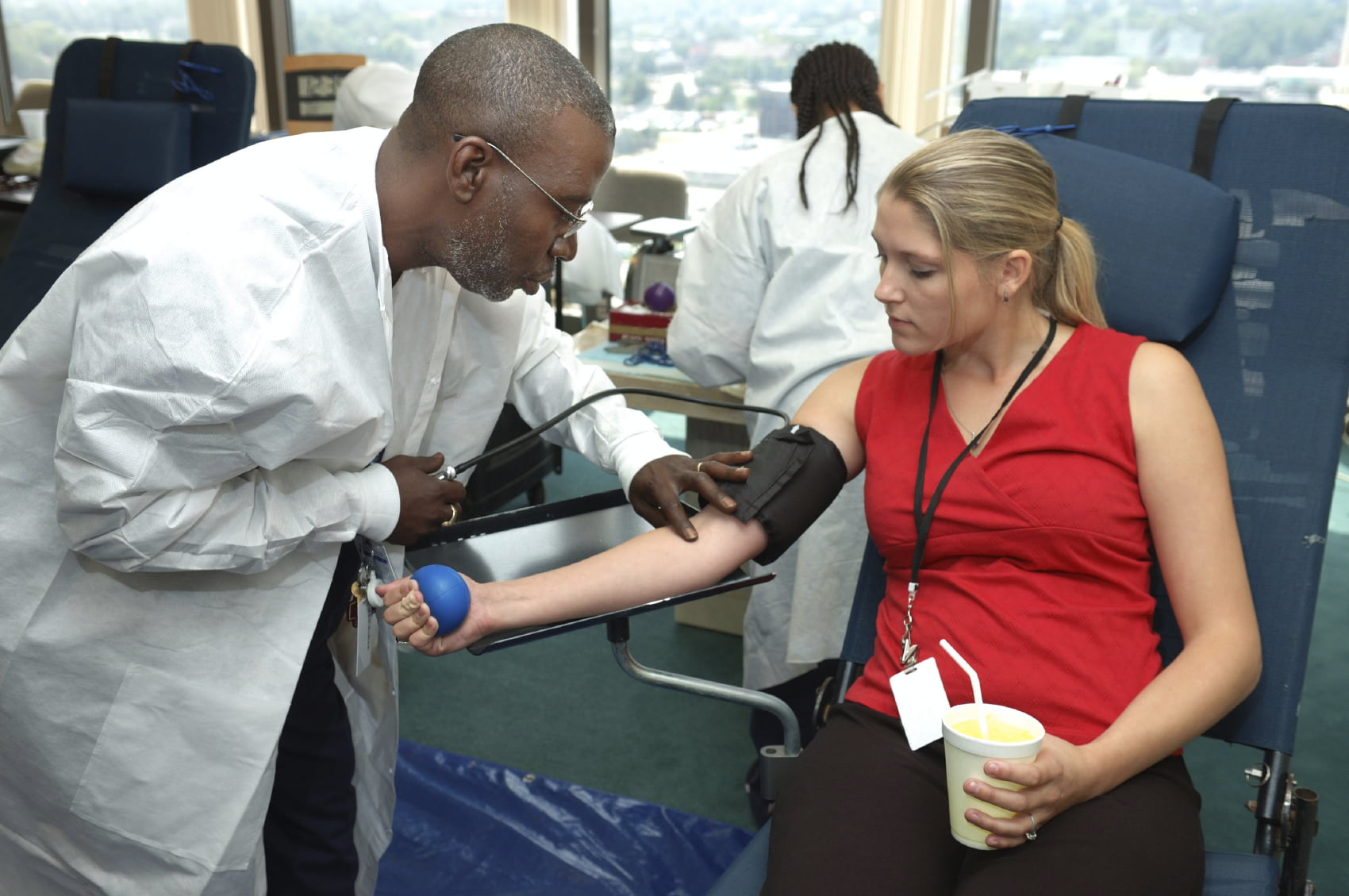In the dynamic landscape of healthcare, the role of phlebotomists extends beyond traditional clinical settings. Traveling phlebotomist jobs have emerged as a unique career path, offering professionals the opportunity to combine their skills with a passion for exploration. From bustling cities to remote communities, traveling phlebotomists play a crucial role in delivering essential healthcare services on the go.
What is a Traveling Phlebotomist?
A traveling phlebotomist is a healthcare professional responsible for collecting blood samples from patients at various locations. Unlike stationary phlebotomists who work in hospitals or clinics, traveling phlebotomists move between different sites, such as nursing homes, medical offices, or even private residences, to perform blood draws.
Overview of the Job Role and Responsibilities
The primary responsibility of a traveling phlebotomist is to efficiently and safely collect blood specimens for medical testing. This includes:
- Greeting patients and explaining the blood collection process.
- Identifying patients and labeling specimens accurately.
- Ensuring proper handling and storage of blood samples.
- Adhering to safety protocols and infection control measures.
Qualifications and Skills Required
Becoming a traveling phlebotomist typically requires a high school diploma or equivalent. Additionally, most employers prefer candidates who have completed a phlebotomy training program and obtained certification from a recognized accrediting organization.
Educational Requirements
While formal education is essential, practical experience gained through internships or on-the-job training is equally valuable. Prospective traveling phlebotomists should also possess strong communication skills, attention to detail, and the ability to work independently.
Advantages of Being a Traveling Phlebotomist
One of the key benefits of pursuing a career as a traveling phlebotomist is the flexibility it offers. Unlike traditional healthcare roles that are confined to a single location, traveling phlebotomists have the freedom to choose their assignments and tailor their schedules according to personal preferences.
Flexibility in Work Schedule
Traveling phlebotomists have the autonomy to decide when and where they work. This flexibility allows them to balance professional commitments with personal obligations, making it an ideal career choice for individuals seeking a better work-life balance.
Opportunity for Exploration and Travel
Another appeal of traveling phlebotomist jobs is the opportunity to explore new places and communities. Whether it’s urban centers, rural areas, or remote regions, traveling phlebotomists get to experience diverse environments while making a meaningful contribution to healthcare delivery.
Challenges Faced by Traveling Phlebotomists
While the prospect of adventure may be enticing, traveling phlebotomists also encounter certain challenges inherent to their profession.
Adaptation to New Environments
Each new assignment brings with it the need to adapt to unfamiliar settings and routines. Traveling phlebotomists must quickly acclimate to different healthcare facilities and establish rapport with unfamiliar colleagues and patients.
Managing Travel Logistics
Coordinating travel logistics can be demanding, especially when working in remote or rural areas with limited infrastructure. From arranging transportation to ensuring access to necessary equipment and supplies, traveling phlebotomists must be adept at logistical planning and problem-solving.
Salary and Compensation
The compensation for traveling phlebotomist jobs varies depending on factors such as location, experience, and employer. However, in addition to competitive salaries, many employers offer attractive benefits packages, including health insurance, retirement plans, and paid time off.
Average Salary Range
According to recent data, the average annual salary for traveling phlebotomists falls within the range of $30,000 to $45,000. Experienced professionals or those with specialized skills may command higher salaries.
Job Outlook and Opportunities
The demand for healthcare services continues to grow, creating a favorable job outlook for traveling phlebotomists. As the population ages and healthcare delivery evolves, there is an increasing need for mobile healthcare professionals who can provide convenient and accessible services.
Growth Prospects in the Field
The Bureau of Labor Statistics projects a steady increase in phlebotomy jobs over the coming years, driven by factors such as expanding healthcare facilities, advances in medical technology, and an aging population. This bodes well for aspiring traveling phlebotomists seeking stable and rewarding career opportunities.
How to Find Traveling Phlebotomist Jobs
Finding traveling phlebotomist jobs requires a proactive approach to job searching and networking.
Job Search Strategies
- Utilize online job boards and professional networking sites to identify job openings.
- Reach out to staffing agencies or healthcare recruiters specializing in mobile phlebotomy positions.
- Attend career fairs or industry conferences to connect with potential employers and learn about job opportunities.
Online Resources and Platforms
Several online platforms cater specifically to healthcare professionals seeking traveling phlebotomist jobs. These platforms allow job seekers to browse job listings, submit applications, and connect with hiring managers directly.
Tips for Success as a Traveling Phlebotomist
While traveling phlebotomist jobs offer numerous advantages, succeeding in this role requires a combination of skills, strategies, and personal qualities.
Effective Time Management
Managing multiple assignments and navigating travel logistics necessitates strong time management skills. Traveling phlebotomists must prioritize tasks, adhere to schedules, and remain adaptable in dynamic work environments.
Building Professional Relationships
Establishing rapport with patients, healthcare providers, and colleagues is essential for success as a traveling phlebotomist. Building trust and maintaining professional connections can lead to repeat assignments and valuable networking opportunities.


